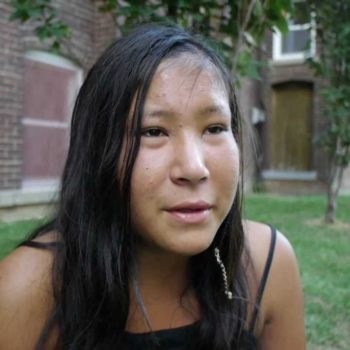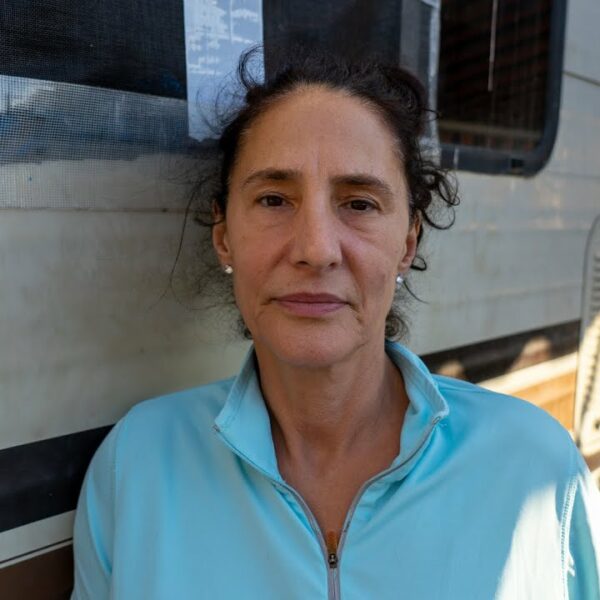In Canada, the cities of Montreal and Toronto have both launched pilot projects to begin vaccinating homeless people against COVID-19.
Montreal’s Old Port has been transformed into a drop-in center for homeless people to receive the COVID-19 vaccination. Since December, more than 190 homeless Montreal residents, along with 82 shelter employees have tested positive for COVID-19. This outbreak prompted the city to prioritize vaccinating approximately 500 homeless people as well as shelter staff members.
The pandemic has caused shelters to cut back on services this winter, despite the fact that they are desperately needed. While temperatures plummet, vulnerable people have been left out in the cold. Tragically, the body of Raphaël André, a 51-year-old homeless Innu man, was found frozen in a portable toilet where Raphaël was trying to keep warm. The toilet was reportedly a stone’s throw from a Montreal shelter Raphaël often visited. However, the shelter was forced to stop overnight services due to a COVID-19 outbreak.
To address shortfalls in the system, Montreal has implemented various resources and measures including:
- Opening warming stations
- Providing space to store belongings in storage lockers
- Housing homeless people in hotels
- Offering a shuttle bus to make services and resources more accessible to those who need them
While the number of vaccinated homeless people remains small, advocates hope that more vulnerable people will seek vaccines for protection and to prevent further outbreaks.
Toronto’s Vaccination Plan
Toronto is conducting a similar vaccination project. Approximately 80 shelter residents have been vaccinated, partially due to the high number of seniors frequenting the shelter system. Older people are at much greater risk of suffering severe complications from COVID-19 compared with younger people.
Since September 27, an estimated 649 people tested positive for COVID-19 from shelter outbreaks in Toronto. Five people using Toronto’s shelter system have died from the virus.
While the efforts to vaccinate homeless people are applauded, we must increase the pace to keep homeless people safe. Without vaccination, this vulnerable population faces multiple threats and difficult choices:
- Contracting and spreading COVID-19 in shelters
- Risking death by exposure from the harsh Canadian winters
Like Montreal, Toronto also has a winter plan in place that includes a combination of shelter beds, hotel programs, and supportive housing units. However, advocates worry it isn’t enough to help the growing number of homeless people living in encampments since the pandemic started. Fast-tracking vaccinations at shelters will at least allow homeless people to seek protection from the elements without worrying about COVID-19. That’s if they are willing to receive a vaccination…
Overcoming Barriers
Around the world, many homeless people do not trust the healthcare system, which makes them reluctant to get vaccinated. This can be a difficult barrier to overcome.
Separately, efforts to vaccinate homeless people in Montreal and Toronto recently ran into difficulties. Pfizer announced it would be retooling a Belgium production plant and cutting the number of doses Canada had expected. As a result, Toronto pilots were put on hold.
In Oldham, a town in Greater Manchester in England, 23 shelter residents received doses of the COVID-19 vaccine. However, the issues in this instance were a lot different.
Zahid Chauhan, a doctor and local councilor in charge of health and social care, headed the project. When Chauhan appeared on BBC television to speak about the initiative, the host noted that some housed residents objected to the project. They felt ‘slightly exasperated’ that homeless people had received priority over them. In rebuttal, Chauhan said, “I’m proud that I can speak up for the people that can’t speak up for themselves.”
Homeless People are Vulnerable
While the housed population may feel slighted, we must recognize homeless people are among the most vulnerable in society. Therefore, we must prioritize vaccinating them.
Homeless people are mobile, meaning they are at greater risk of contracting COVID-19. More importantly, they do not have a home. This means they lack access to safe and sheltered accommodation where they can isolate.
Those frequenting shelters live closely to other residents, which increases their risk of contracting COVID-19. Not to mention, homeless people have a much higher rate of chronic health conditions like heart disease and high blood pressure, which means if they were to contract COVID-19, they are more likely to endure a severe case and even death.
While Montreal and Toronto’s pilot projects only cover a fraction of each city’s homeless residents, it’s certainly a start. To keep society’s vulnerable people safe from COVID-19 during bitter winter months, it’s essential to prioritize their vaccination.
The challenge will be not only providing homeless people with the first vaccine, but also ensuring they receive the second. The mobile nature of the homeless population will make this a uniquely challenging task. However, we must be successful to protect the homeless population and those they come into contact with from COVID-19.













